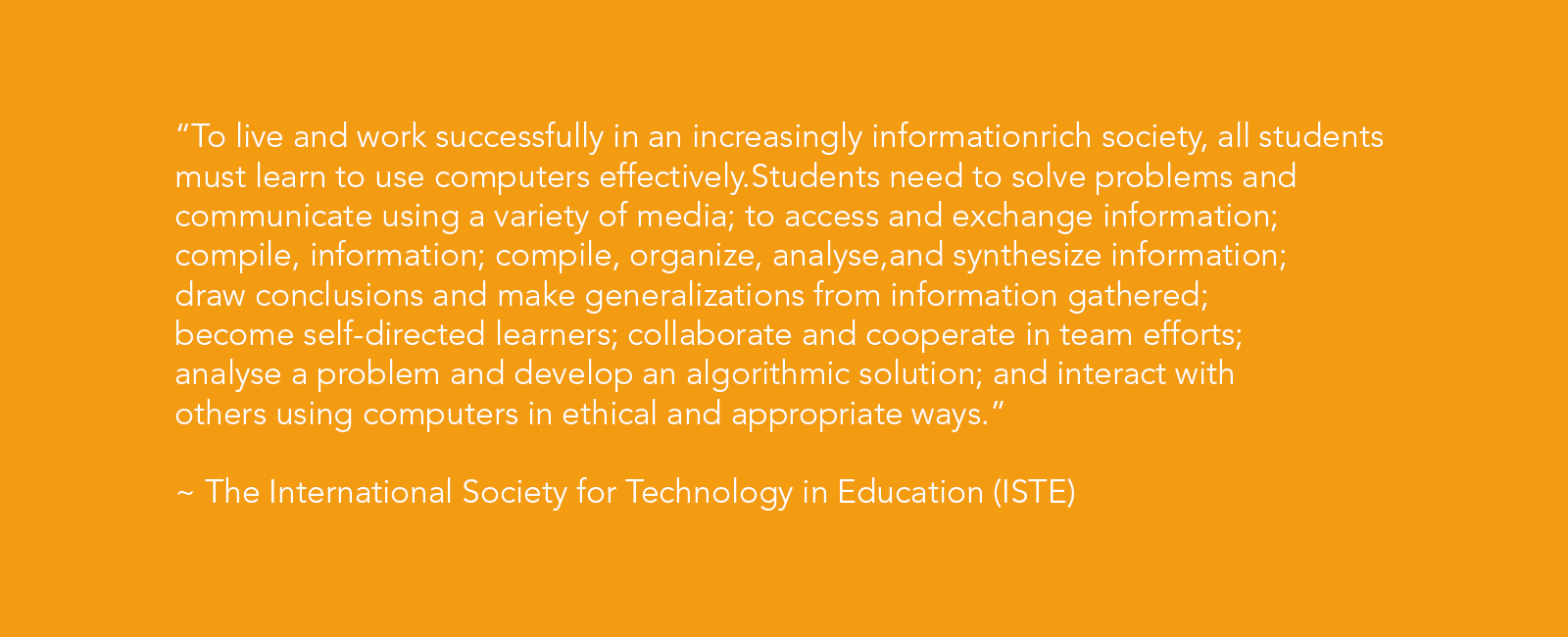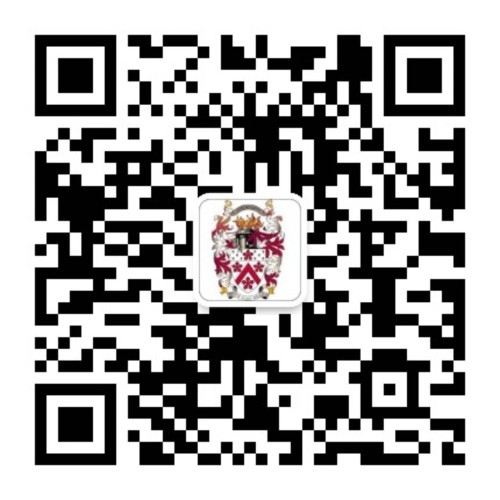AS Computer Science
AS COMPUTER SCIENCE CIE 9618
Entry Guidance
Students should have achieved at least a C grade in IGCSE ESL together with an A grade in IGCSE Maths. The second year of the course requires a high level of English; therefore, students who have not obtained an A in IGCSE English need to work particularly hard to raise their English level during Year 12.
What the course leads to
Computing is an essential component in almost all careers in modern society, and this course will help provide the necessary skills and knowledge to enable students to seek employment in areas that use computer skills. Beyond computing, Computer Science also teaches students to solve problems in a logical and innovative way.
A-Level Computer Science gives access to a range of university courses and careers related to programming and software engineering, ICT and Business. In addition, it complements a number of other university courses such as Science, Mathematics and Finance. A Computer Science degree can lead to work in many related fields, including software development, telecommunications, medicine, banking and finance.
Course Aims
The course aims for students are to:
- Develop an understanding of the main principles of solving problems using computers
- Develop an understanding of the range of applications of computers and the effects of their use
- Develop an understanding of the organisation of computer systems including software, data, hardware, communications and people
- Acquire the skills necessary to apply this understanding to develop computer-based solutions to problems
- Develop an understanding of the main principles of systems analysis and design, methods of problem formulation and planning of solutions using computers, and systematic methods of implementation, testing and documentation
- Provide the foundations for further study of Computer Science or more specialist aspects of Computer Science
Course Content
The course is divided into the following areas: information representation, communication and internet technologies, hardware, processor fundamentals, system software, security, privacy and data integrity, ethics and ownership, databases and data modelling, algorithm design and problem-solving, data representation, programming and software development.
Course Assessment
The AS year is assessed by two external examinations, each of which is worth 50% of the final grade. The first paper contains short-answer and structured questions on theory fundamentals; the second paper is related to problem-solving and programming skills.
Opportunities for Enrichment
Computing-related CCAs include the Robotics club and programming clubs. The schools use of Lynda training will allow students to improve their Computer Science and IT skills to support a wide variety of areas of study.






